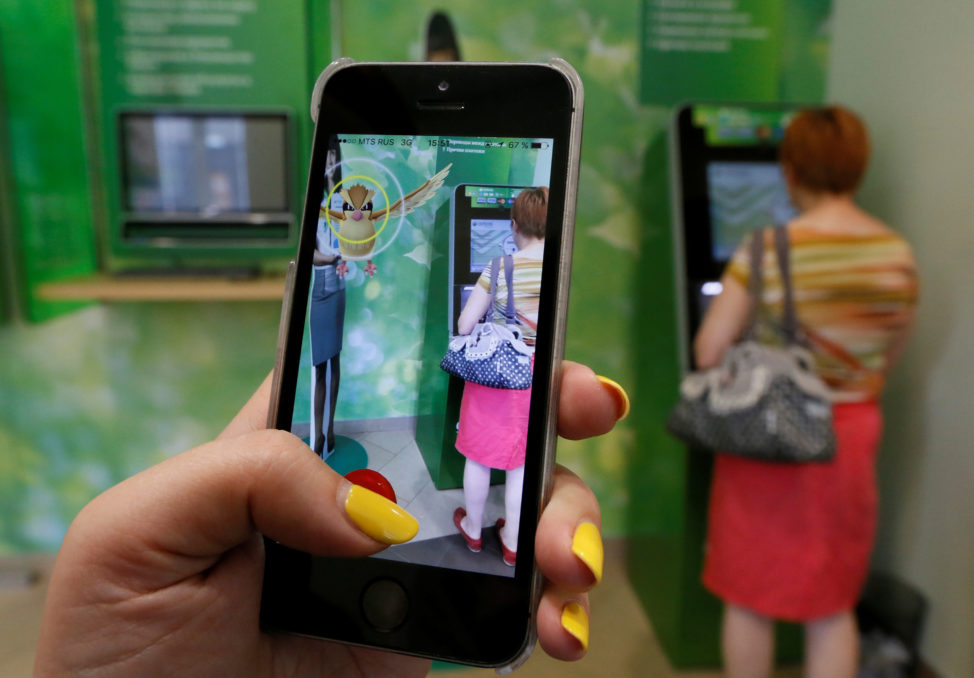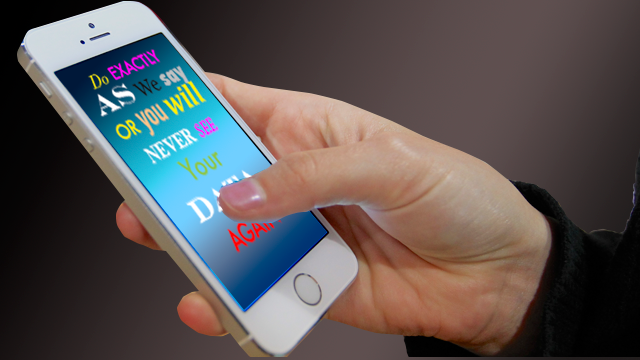Posted August 5th, 2016 at 11:00 am (UTC-5)

FILE – Shadows of members of a panel are reflected on a wall before a meeting about the ‘right to be forgotten’ in Madrid, Spain, Sept. 9, 2014. The panel debated the balance between privacy and the free flow of information in Europe. (Reuters)
Protecting online privacy in the age of “convenience” and indiscriminate data-sharing is a daunting task as marketers glean all kinds of data from unwary Internet surfers. Some online users assume their information is anonymous, but that’s one of many potentially costly privacy misconceptions.
Blame it on convenience – that conscious choice you make to have instant access to all things dear to your heart at a moment’s notice wherever you happen to be.
But what that really means is that your always-on, always-connected gadgets that house your entire life, will part with your personal data at the tip of a hat. And it means that many people don’t even bother to check their device settings, what’s running in the background, or what information their apps are sharing.
If you use apps without checking their settings or the settings on your device, then you might be kissing your personal information goodbye.
Pokemon GO players, for example, have GPS location and proximity settings enabled on their devices. While that allows them to play the game, it also gives marketers, advertisers – even thieves – a treasure trove of personal information. And by the way, you can disable those settings if you can live without the “convenience.”
Avid online gamers cede some privacy settings right away in favor of collaboration and chatting. And the gaming client on their computers tracks more than just that game they just downloaded from it – all in the service of “analytics.”
Analytics is surreptitious data-collection intended to understand your browsing and computer habits so websites can “improve” your experience and advertisers can “personalize” products to your needs. Some people like the personalized content. Others find it downright creepy.
In some cases, internet users assume this data collection is anonymous, meaning that it does not identify them directly. That is a misnomer, said Morgan Cordary, Outreach Coordinator at Privacy Rights Clearinghouse.
“Aside from the possibility of re-identifying individuals and the lack of standards in place to deter attempts to re-identify, it is also difficult to predict how such information may be used, shared, or combined with other information,” she said in an email.
In at least one case, Verizon inserted “supercookies” into customer’s mobile internet traffic without their knowledge. The cookies identified users for advertising purposes and could not be deleted or blocked with private browsing modes. Verizon was subsequently fined $1.35 million for the net neutrality violation. But other companies do it too.

FILE – Google Director of Public Policy Alan Davidson (L) refers to a chart showing how users must opt-in to share location data at a Senate Judiciary Committee hearing titled ‘Protecting Mobile Privacy: Your Smartphones, Tablets, Cell Phones and Your Privacy’ on Capitol Hill in Washington, May 10, 2011. (Reuters)
Privacy policies
If you are downloading a game or app, one of the first things you will see is a privacy policy – the standard statement that communicates to users how their personal data are collected and used once they agree to the terms. But, as Cordary noted, these policies have little to do with privacy.
Like most people, you probably just agree to the terms and conditions without a second thought because 1) you like the product and want to use it right away and 2) you don’t have the inclination to wade through the convoluted legal document.
“Although it uses the word ‘privacy’, this should not be considered a sign of consumer-friendly or privacy-conscious practices by any means,” cautioned Cordary. “Privacy policies are essentially long disclaimers that vary in their level of detail and readability, making them commonly overlooked and often useless or confusing to the average consumer.”
About “private browsing”
Some browsers come with a so-called “private browsing” mode that helps confer a false sense of privacy. Others don’t even bother to include privacy options or any way of controlling the vast amount of data being vacuumed out of your device.
Private browsing disables history and web cache, and prevents data cookies from being stored on our computer. But browsers that offer this option still collect “analytics” data. And you can still be tracked, thanks to your computer’s IP address.
“Private modes on browsers only keep data from being stored in your history – therefore only really hiding it from yourself and whomever you share the device with,” said Cordary. “This illusion of privacy can actually cause people to do things they wouldn’t normally do if they really knew how little control they have.”
Social sharing
Many people, bursting with pride, post pictures of their families and loved ones on social media services for their friends to see. Most of these pictures are geotagged. GPS-enabled devices using geotagging embed various metadata, including your location and that of your children – in the pictures. There are tools available to remove geotags from pictures. But how many people do that or know about it?
Many don’t. And some might not even care. But this type of sharing becomes more significant as facial recognition technologies gain ground. Services like Google images, for example, can then match your publicly available images with those you upload.
In fairness, social media sites offer quite a few privacy settings. But Cordary cautioned that these “can never fully restrict who sees what you post online because information can always be screenshotted or reposted by those you have allowed.”
And if your privacy bubble hasn’t burst yet, check out #privacyaware on Twitter for more comprehensive tips and a lot of other resources on how to protect your privacy online.











